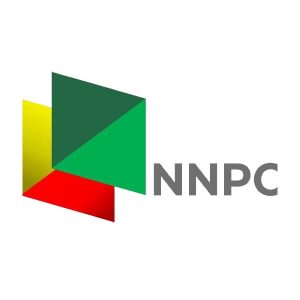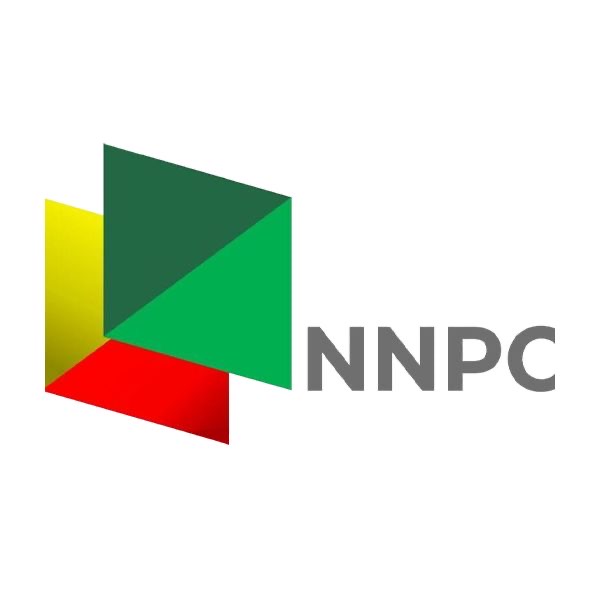NNPCL’s Pipeline Securitization Policy: A Game Changer Driving Nigeria’s Oil Sector Recovery and Future Growth.
In June 2025, the Nigerian National Petroleum Company Limited (NNPCL) achieved a historic milestone with 100% availability of its major crude oil pipelines, marking a significant turnaround for the nation’s oil and gas industry. This achievement, driven by robust security interventions and effective contract management on key infrastructure projects, led to a rebound in crude oil and condensate production, hitting 1.68 million barrels per day the highest output since January. This surge directly contributed to total revenue of N4.571 trillion for the month, underscoring the pivotal role of pipeline securitization in stabilizing and enhancing Nigeria’s oil supply chain.
The milestone not only restored confidence in Nigeria’s upstream sector but also highlighted progress in critical gas infrastructure projects essential for expanding gas delivery to industries and communities. However, in July 2025, the company reported a sharp 79.6% decline in profit after tax—from N905 billion in June to N185 billion—despite a slight increase in oil production. This downturn reflects ongoing challenges, including underinvestment in upstream operations, extensive refinery rehabilitation programs requiring heavy capital expenditure, and volatile global market conditions.
NNPCL’s ambitious refinery upgrades in Port Harcourt, Warri, and Kaduna aim to reduce Nigeria’s dependence on imported petroleum products, promising medium- to long-term benefits despite current financial pressures. According to NNPC Group CEO Bayo Ojulari, this profit dip was anticipated as part of a strategic plan to position the company for sustainable growth, focusing on enhanced domestic refining capacity and operational efficiency.
Crucially, the pipeline securitization policy, championed by Pipeline Infrastructure Nigeria Limited (PINL) alongside NNPCL, has mitigated what could have otherwise been a far more severe financial downturn. By significantly curbing oil theft and pipeline vandalism—issues that have historically led to enormous revenue losses—this policy is projected to save Nigeria hundreds of millions of dollars monthly. It ensures a more secure, efficient flow of crude oil and petroleum products, bolstering Nigeria’s energy infrastructure, industrial capacity, and economic growth.
Moreover, a secure and reliable pipeline network attracts investment and fosters regional expansion, supporting Nigeria’s vision of energy self-sufficiency within the ECOWAS region. By safeguarding vital assets, the policy facilitates steady crude deliveries to refineries, underpinning efforts to achieve national refining adequacy and ensuring consistent fuel supply critical for societal and economic activities.
In a country where petroleum remains the backbone of the economy, NNPCL’s pipeline securitization policy stands as a transformative initiative—curbing losses, enhancing revenues, and securing Nigeria’s place as a resilient and growing energy powerhouse.

